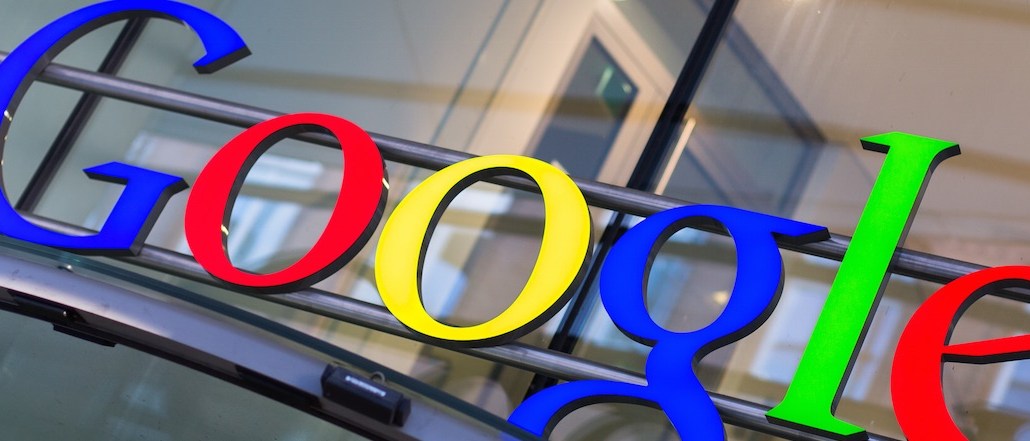
Google is reportedly jumping deeper into the ad blocking issue by exploring an acceptable ads policy, publisher and industry sources say.
Google, together with Facebook, controlled 64 percent of the digital ad market last year. With that clout, Google could have an outsized impact on the kinds of ad formats that become the industry standard.
Intrusive and slow-loading ads have been blamed for the rise in readers adopting ad blocking software. Google is heavily invested in keeping the web safe for advertising; the vast majority of Google’s business runs on advertising, and it reportedly pays large sums to make sure ads get around the ad blockers and appear on its sites.
There have been other initiatives around the industry to improve users’ experience. The IAB has come out with a set of standards called L.E.A.N. that’s designed to address the reasons people block ads. Publishers on an individual basis have been combating the issue by streamlining ads and asking readers to turn off their ad blockers or blocking them from accessing content outright. Ad blocking companies have so-called “acceptable ad” programs that let through ads they deem to be unobtrusive.
But association efforts like the IAB’s aren’t enforceable, and publishers acting individually can’t change the fact that ad blockers treat all sites alike, unless consumers choose to white-list those sites.
Google, with its tech chops and its control over digital ad delivery, is positioned to do what individual publishers and their associations can’t do on their own, though, by requiring that ads are not obtrusive or annoying — a main reason people choose to block ads. While it is unclear how a Google scheme would work, a likely scenario is that Google would ensure that only ads that meet its standards can run on its own site and YouTube, and also through its DoubleClick ad exchange through which publishers sell their inventory.
Currently, publishers face resistance from advertisers that don’t feel the pressure to change their ads to make them load faster. Having the backing of a big player, Google, could give publishers sway with those advertisers. “Clearly, someone has to grab hold of this situation that has scope,” one publishing exec with direct knowledge of Google’s plans.
But with its power and size, Google’s ad initiatives have also drawn scrutiny. Publishers don’t want to see Google act on its own when it comes to deciding what should be acceptable and what’s not. Said another publishing exec with direct knowledge of the plans, “They need to get input from publishers.”
Google’s ad execs have already publicly talked about the need to settle on some criteria for what acceptable ads are and that it needs to be an industry effort. The company wouldn’t comment beyond pointing to those comments in earlier articles.
Earlier this year it launched a fast-loading mobile article feature, Accelerated Mobile Pages, that discouraged the use of ads that would cause pages to slow slowly. AMP was widely seen as Google’s answer to Facebook’s Instant Articles initiative that is designed to keep people in the Facebook ecosystem (and presumably off the mobile web).
Google has also been doing research in the area of ad blocking and consumers, said Randall Rothenberg, CEO of the IAB. “Google is one of many major IAB publishers and tech companies doing deep research on the components of consumers’ affection for and disaffection from advertising,” he said. “This work has been invaluable in helping us establish the L.E.A.N. advertising principles, which in turn have become a foundation on which marketers, agencies, and publishers are building better user experiences.”
More in Media

Meta AI rolls out several enhancements across apps and websites with its newest Llama 3
Meta AI, which first debuted in September, also got a number of updates including ways to search for real-time information through integrations with Google and Bing.

Walmart rolls out a self-serve, supplier-driven insights connector
The retail giant paired its insights unit Luminate with Walmart Connect to help suppliers optimize for customer consumption, just in time for the holidays, explained the company’s CRO Seth Dallaire.

Research Briefing: BuzzFeed pivots business to AI media and tech as publishers increase use of AI
In this week’s Digiday+ Research Briefing, we examine BuzzFeed’s plans to pivot the business to an AI-driven tech and media company, how marketers’ use of X and ad spending has dropped dramatically, and how agency executives are fed up with Meta’s ad platform bugs and overcharges, as seen in recent data from Digiday+ Research.





